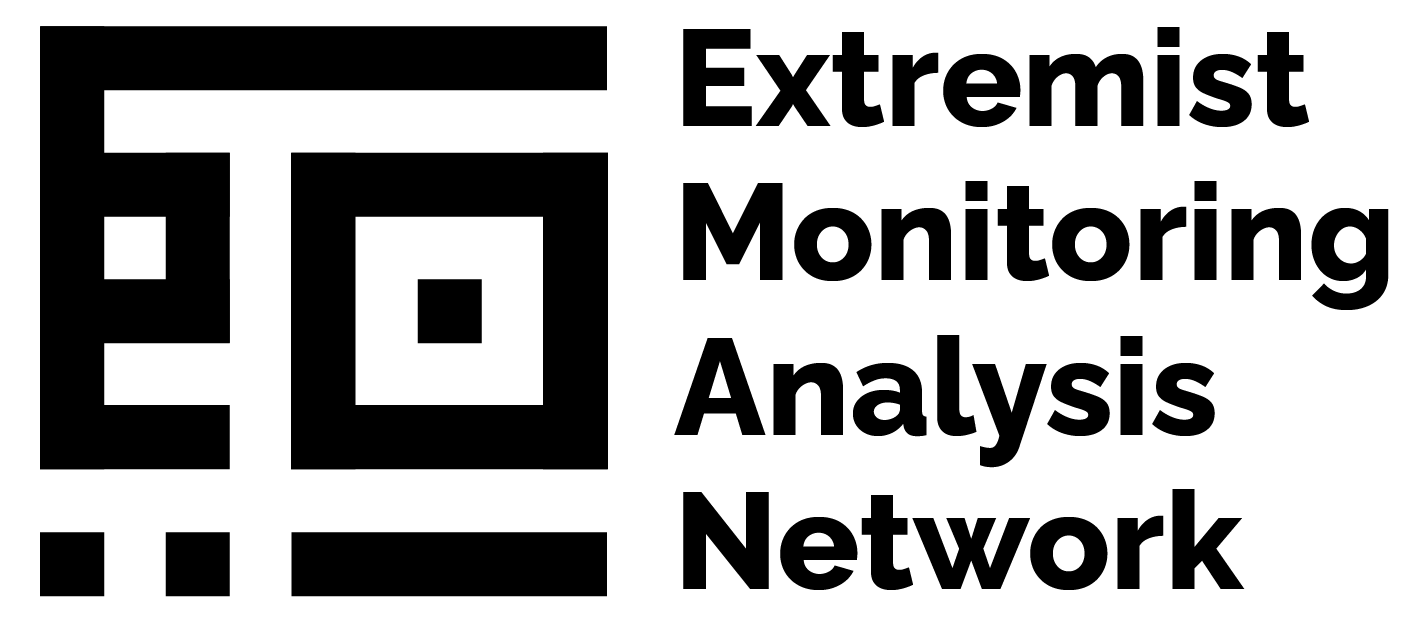Islamist Extremists: The Misuse of Charity Givings
Author(s): EMAN Staff
For the past several decades, Islamist extremists, especially in the UK, have exploited charitable organisations for the purpose of supporting their radical preaching activities. The 9/11 attacks on the United States prompted an increase in efforts to address this issue, and a wealth of research and policy work has developed in the area of counter-terrorism financing (CFT). However, the extent to which Islamist extremists have utilised charitable organisations to propagate their ideologies has received little attention.
The British Charity Commission has paved the way for numerous Islamist extremists and charities to gain advantages in a variety of ways. This includes the ability to organise fundraising initiatives in mosques and through social media and receive tax-funded support via Gift Aid – a UK government scheme allowing individuals to claim an extra 25p for every £1 that is donated. This further allows access to a broader community of supporters, as well as the recruitment of individuals to support their cause. Islamist charities in the UK operate across a range of Islamist groups, including Salafists and organisations affiliated with the Muslim Brotherhood and Jamaat-e-Islami – a Deobandi Islamist organisation with roots in the Indian subcontinent.
Despite the fact that foreign funding of extremism in the UK remains a major issue, evidence suggests that charities registered in the UK are receiving funds from a variety of individuals in countries such as Saudi Arabia, Qatar, Pakistan and India. However, findings of the Home Office’s 2017 internal review into the financial status of multiple Islamist charities revealed that “the most common source of support for Islamist extremist organisations in the UK is from small, anonymous public donations, with the majority of these donations coming from UK-based individuals”, claiming that some of the charities “receive hundreds of thousands of pounds a year.” In addition, some Islamist organisations of extremist concern portray themselves as charities to increase their credibility and to take advantage of Islam’s emphasis on charity.”
Muslim communities throughout the world are being swamped with ads and sponsored religious content on social media that encourage them to make donations to Islamist charities to build mosques and Dawah (preaching) Centres. A case in point is the Norwegian Islam Net and Save Iman - two Dawah initiatives in Norway that have millions of followers across their social media accounts. Those accounts regularly post video content of Islamist preachers imploring Muslims to donate money, citing Quranic verses and rewards in the afterlife as further proof of the necessity of providing donations to build preaching centres. Such fundraising campaigns are securing Islamist organisations millions of dollars, making them their main source of income with no oversight of the end-use of those funds. However, there are many uncertainties about the fundraising processes, the true motivations for collecting funds, and how the funds are utilised. Such charitable activities appear suspicious due to the lack of transparency, clarity as well as the anonymity of organisers. These fears are compounded by the support that some of those Islamist organisations and individuals have shown for armed Jihadist groups and preachers in the past.
While hundreds of mosques have been established across the UK, suspicious Islamist charities are still succeeding in manipulating and brainwashing Muslims into charitable contributions to fund further mosques disguised as Dawah centres. In October 2021, a whistleblower made allegations of financial transparency at one of Birmingham’s biggest and richest mosques – the Central Jamia Mosque, which has assets of more than £9 million and an annual income of more than £500,000. The regulator was notified of the allegations against the Board of Dar UI Uloom Islamia Rizvia - the charity that runs the mosque in Small Heath, Birmingham. The failure in documenting basic financial records that proved how much money the mosque got in donations, triggered calls from disappointed worshipers for the mosque’s board members, who are already under investigation by the Charity Commission, to resign. One of the members of the mosque’s senior leadership was also investigated last year for posting photos on his personal Facebook account of Taliban members praying following the fall of Kabul. Following a warning by local police to the senior leader in question, the post was quickly deleted; but these questions remain regarding how these funds are used.
In response, Auditors Locke Williams Associates stated that “the charity did not have in place appropriate internal financial policies or controls with regard to the receipt, recording and banking of donations and supplementary school fees. As a result of this, there are no records of donations or supplementary school fees ‘receivable’ or ‘received’. Over the past decades, the Charity Commission, which is constitutionally unable to simply shut down charities with a “bad reputation,” has been exceptionally unequipped to deal with organisations that are institutionally problematic, that is, connected with extremism at all levels of their operations. However, the Commission has shown a growing interest in and acknowledgement of the issue, and the Charities Act 2016, which expands the power of the Commission, has the potential to dramatically strengthen regulations.
Some charities in the UK and across the world at large have often acted as a front to fund extremist organisations, usually leveraging the goodwill of individuals – many with non-extremist mentalities – to raise money for preaching, and in some cases, extremist activities. The use of charities is also not limited only to Islamist charities, but also to far-right charities, Hindutva charities and charities tied to extremist Jewish and Christian organisations around the world.
